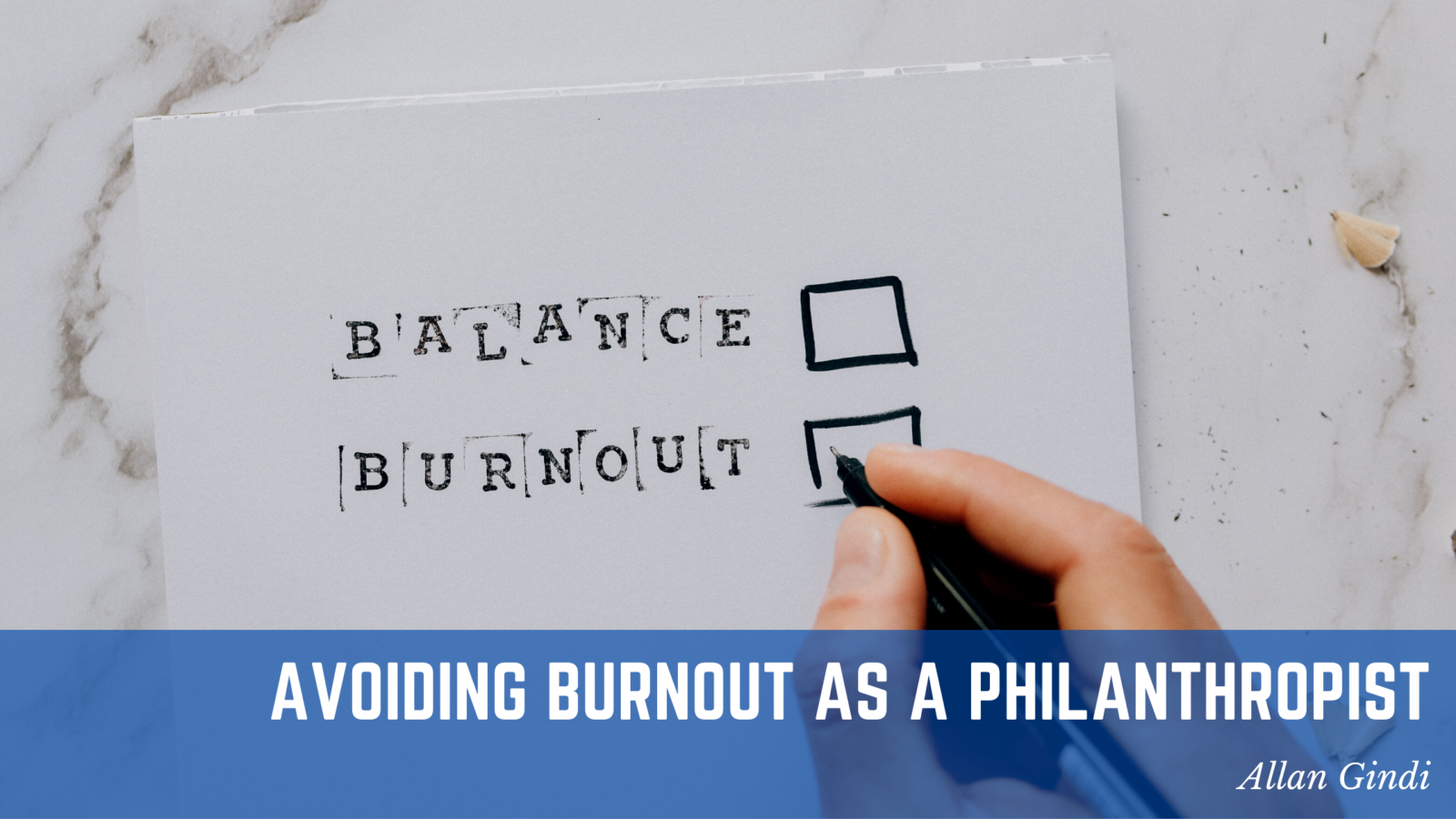Burnout is a form of fatigue that can impact anyone – regardless of industry or career path. This means that nonprofit volunteers and even philanthropists are at risk of burnout if they do not care for themselves.
For those that have never heard the term before, burnout can present in mental, emotional, and physical ways (or even a combination of the three) and generally results from prolonged exposure to stressful situations. It can also be a sign that a person is working too hard and neglecting self-care.
For nonprofit volunteers, they must also be aware of one additional risk: compassion fatigue. Compassion fatigue can easily be confused with burnout, as many of the symptoms are the same. However, compassion fatigue goes a step farther, as it stems from traumatic moments experienced or witnessed while trying to help those in need.
Listen to Your Limits
Everyone has limits – there’s nothing wrong with that. It’s critical to listen to those limits, especially those working in compassion-fueled sectors such as philanthropy. If your body needs a solid eight hours of sleep every night, then take the time to get that much sleep. If working six days a week is too much – then don’t work more than five.
Focus on the Little Victories
Sometimes looking at the battle ahead can be overwhelming. This overwhelming sense can result in more stress, bringing a person even closer to burnout. As such, one great way to help stave off that anxiety is by taking the time to celebrate the little victories. Remember, every good deed makes a difference!
Self-Care Is Key
It’s tempting to put the needs of others before yourself – especially for those with a solid philanthropic drive. However, one needs to remember that if they push themselves too hard, they won’t help anybody else.
As such, you must prioritize self-care whenever possible. Maintain good sleeping habits, eat well, exercise regularly, and do the activities you love. Additionally, finding a creative outlet is a healthy way to release some stress while providing a bonus boost to your mental wellbeing.
Ask for Help
There’s no shame in asking for help. If you find yourself struggling with burnout, the symptoms leading up to burnout, or any other emotional condition, it’s more than acceptable to reach out for some help. Friends, family, and professionals are ready and waiting to do exactly that.
Article originally published on AllanGindi.net


